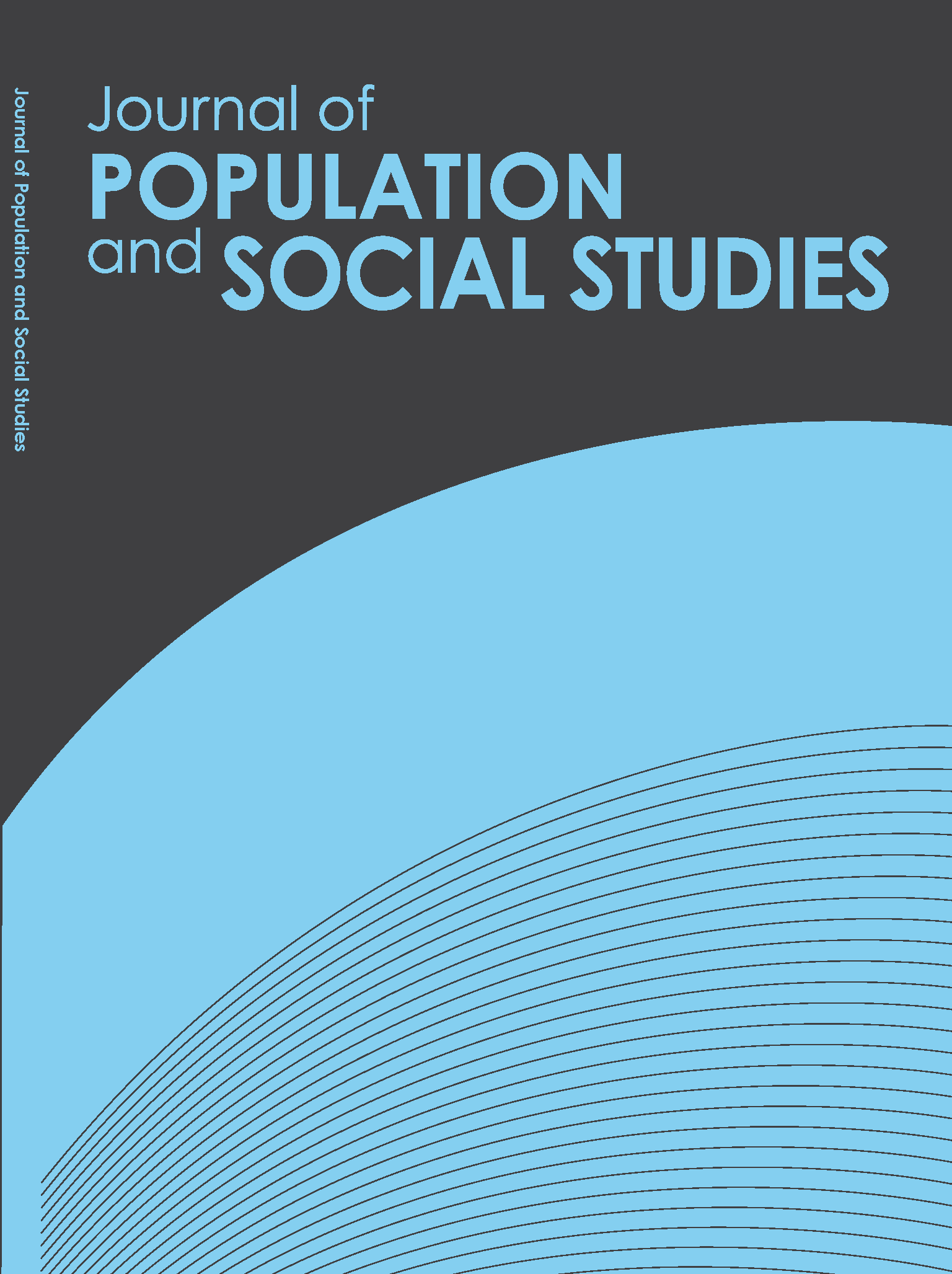Subjective Illness Experiences of Open-heart Surgery Patients in the Thai Cultural Context
Main Article Content
Abstract
Article Details
References
• Bear, H. A., Singer, M. & Susser, I. (1997). Medical anthropology and the world system. New York: Garland Publishing.
• Biehl, J., Good, B. & Kleinman A. (2007). Subjectivity. London: California Press.
• Creswell, J. W. (1994). Research design: Qualitative and quantitative approaches. London: Sage.
• Elliot J. (2005). Using narrative in social research. London: Sage.
• Gabe, J., Kelleher, D. & Williams, G. (1994). Challenging medicine. London: Routledge.
• Haraway, D. (2008). A manifesto for cyborgs: Science, technology and socialist feminism in the 1980s. In L. M. Alcoff, & E. Mendieta (Eds.), Identities. (pp. 369-391). Malden, MA: Blackwell.
• Johnson, J. L. (1991). Learning to live again: The process of adjustment following a heart attack. In Morse, J.M. & Johnson, J.L. (Eds.). The illness experience: Dimensions of suffering. (pp. 13-88). California: SAGE.
• Kleinman, A. (1988). The illness narratives: Suffering, healing & the human condition. New York, NY: Basic Books.
• Lapum, J., Angus, J. E. & Watt-Watson, J. (2010). Patients’ narrative accounts of open-heart
surgery and recovery: Authorial voice of technology. Social Science & Medicine, 70, 754-762.
• Lhojaya, S., Phongpanich, B. & Sakhonphan, P. (1993). Cardiovascular disease text (2nd ed.). Bangkok, Thailand: Krungthepvejchasan. (In Thai)
• Lock, M. (2001). Twice dead: Organ transplants and the reinvention of death. Berkeley, CA: University of California Press.
• Miles, M. B. & Huberman, A. H. (1994). Qualitative data analysis: An expanded sourcebook (2nd ed.). Thousand Oaks, CA: SAGE.
• Portor, R. (2006). The Cambridge history of medicine. Cambridge: University Press.
• Rujirawat, P., Rattanachotphanit, T., Samkeaw, T., Cheawchanwattana, A., Johns-
Pratheepawanit, N., Limwattananon, C. & Sakolchai, S. (2008). Economic evaluation of disease management program: A case study of open-heart surgery. Isan Journal of Pharmaceutical Sciences, 4(1), 64-76. (In Thai)
• Scheper-Hughes, N. (2000). The global traffic in human organs. Current Anthropology,41(2), 191-224.
• Vila, V. S. C., Rossi, L. A. & Costa, M. C. S. (2008). Heart disease experience of adults undergoing


